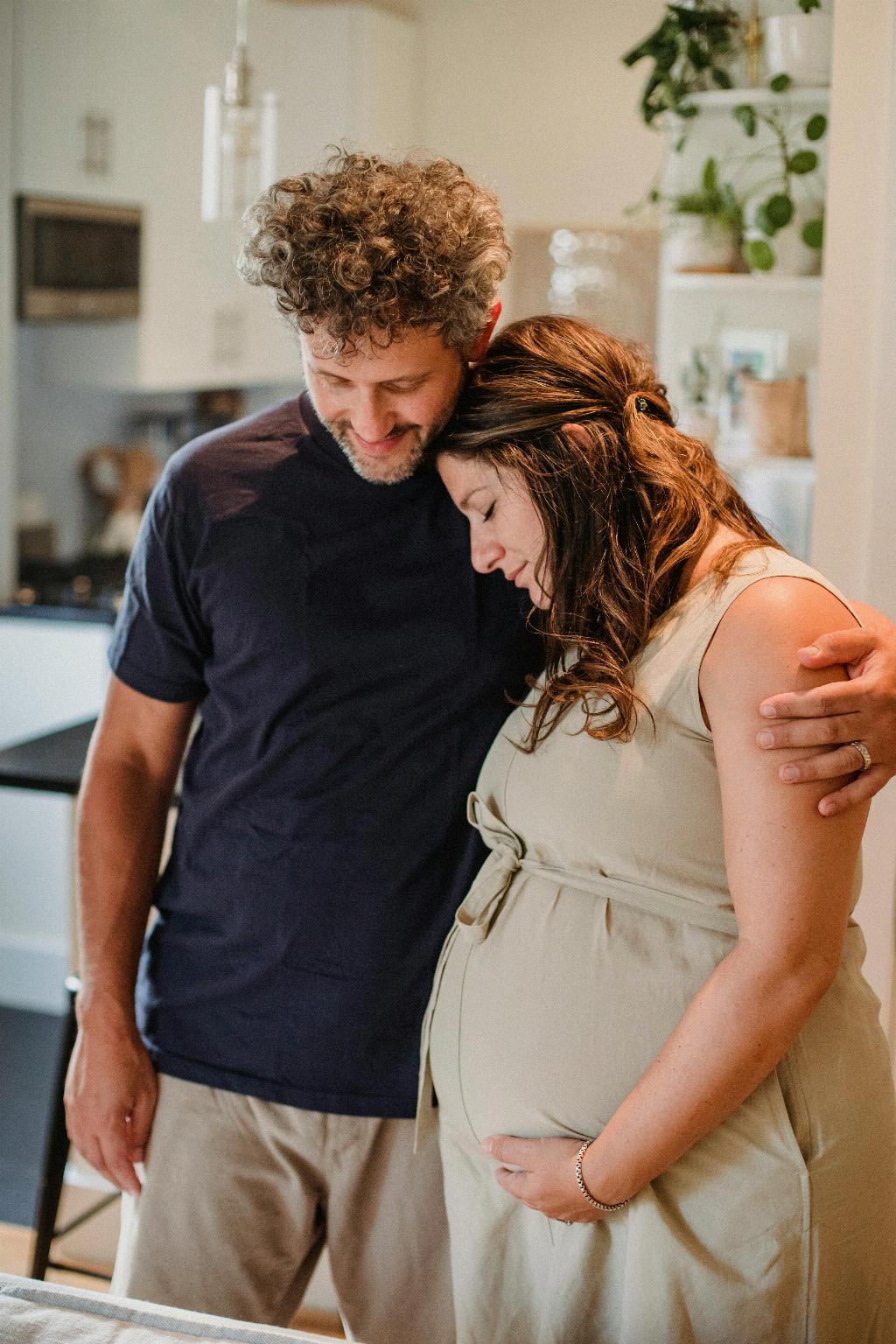One of the most common questions that women have when they suspect they may be pregnant is how quickly they can expect to experience symptoms of pregnancy. It is important to note that every woman is different, and the timing of when symptoms may appear can vary from person to person.
Despite the popular term “morning sickness,” it is essential to understand that symptoms such as vomiting and nausea can occur at any time of the day or night. This misconception can lead some women to overlook early signs of pregnancy if they are not experiencing symptoms in the morning.
Typically, pregnancy symptoms can start to manifest when a woman is around 4 to 6 weeks pregnant. These early signs can include fatigue, breast tenderness, frequent urination, and changes in appetite. It is crucial to pay attention to these subtle changes in your body, as they could indicate that you are pregnant.
While some women may start experiencing symptoms as early as a few weeks into their pregnancy, others may not notice any significant changes until later on. The timing of when symptoms appear is influenced by various factors, including hormone levels and individual body responses.
If you find yourself experiencing severe nausea and vomiting that affects your daily life and prevents you from keeping any food down, it is essential to seek medical advice promptly. Persistent and severe symptoms may require medical intervention to ensure the health and well-being of both you and your baby.
It is crucial to remember that the absence of symptoms does not necessarily mean that you are not pregnant. Some women may go through their entire first trimester without experiencing the typical signs of pregnancy, such as morning sickness or breast changes.
As each woman’s body is unique, the onset and intensity of pregnancy symptoms can vary significantly. Factors such as overall health, stress levels, and genetic predisposition can all play a role in how quickly and prominently symptoms appear during the early stages of pregnancy.
It is important to listen to your body and be attuned to any changes that may indicate pregnancy. Keeping track of your menstrual cycle and noting any unusual symptoms can help you identify potential signs of pregnancy early on.
If you suspect that you may be pregnant and are experiencing symptoms such as fatigue, nausea, or changes in appetite, consider taking a home pregnancy test or consulting with your healthcare provider for further guidance.
Being proactive about your reproductive health and seeking timely medical advice can help you navigate the early stages of pregnancy with confidence and ensure that you receive the necessary care and support throughout your journey to motherhood.
In conclusion, the timing of when symptoms of pregnancy may appear can vary from woman to woman. While some may notice early signs as soon as 4 to 6 weeks into their pregnancy, others may not experience significant symptoms until later on. It is essential to pay attention to your body and seek medical advice if you have concerns about potential pregnancy symptoms.

